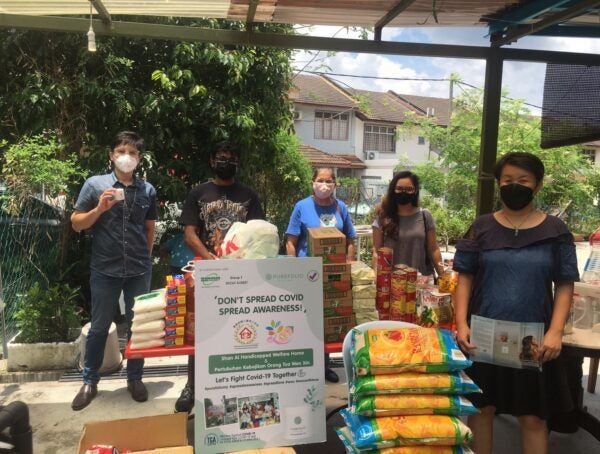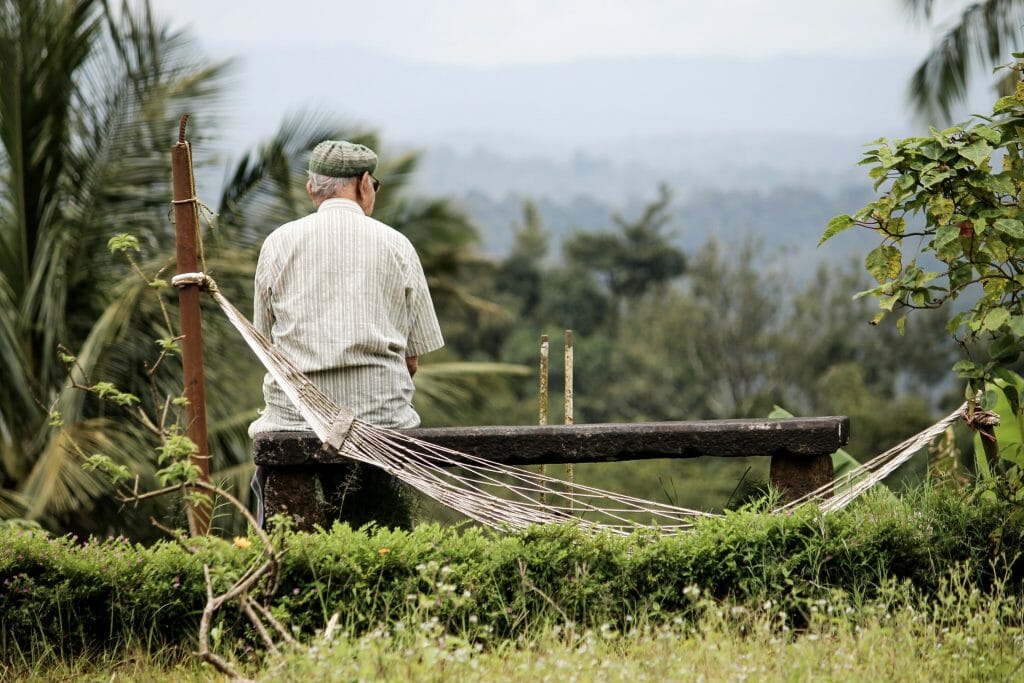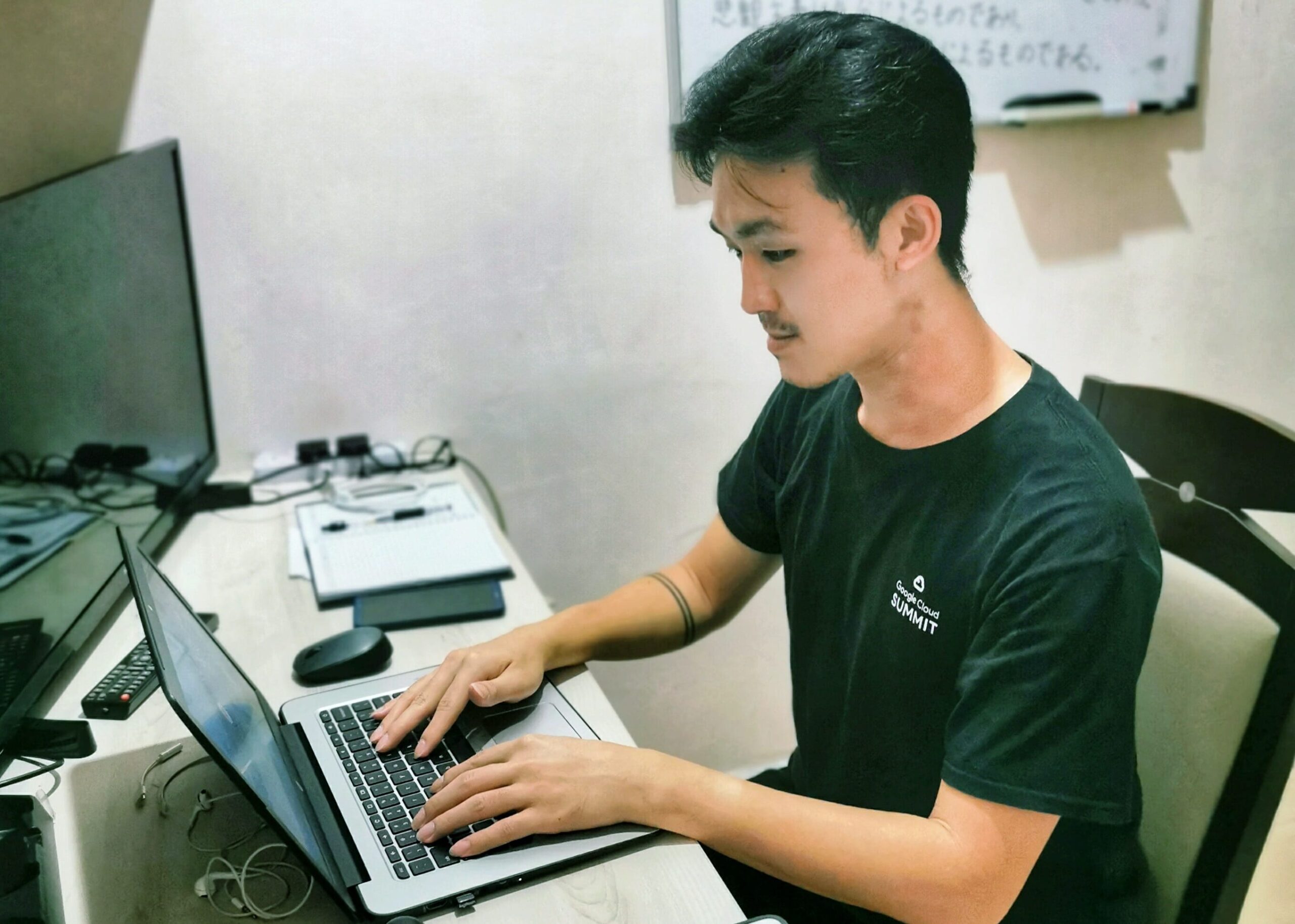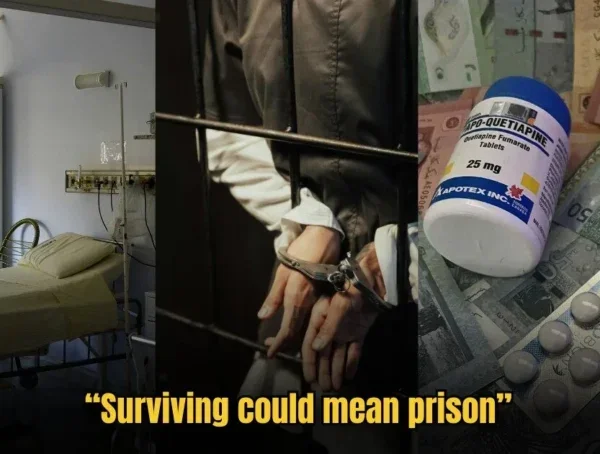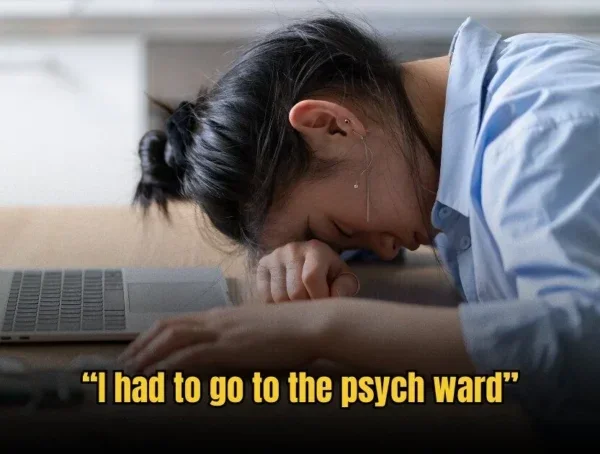Disclaimer: In Real Life is a platform for everyday people to share their experiences and voices. All articles are personal stories and do not necessarily echo In Real Life’s sentiments
Our generation likes to joke about how hard adulting is – but wait till you come face-to-face with your parents’ mortality and deal with an existential crisis as you question your every life decision.
Two years ago, my mom was diagnosed with a tumour in her brain. Thankfully it was not cancerous, so she did not have to go through chemotherapy and they were able to remove it.
I’ve been her sole caretaker ever since.
As the only unmarried sibling, I was mentally prepared to take on the responsibility of caring for my mom when the day comes. But nothing I learnt about life, like getting a job, being in a relationship, or taking a house loan could have prepared me for this.
Here are 4 reasons why being the sole caretaker of an elderly mother is the real meaning of ‘adulting’ :
1. Your life is on pause, indefinitely.
A year before the pandemic, I had quit my job to start a freelance career. I had plans to grow the business, build a network of clients, and work remotely from anywhere in the world.
I had to give up on that dream.
Growing a business takes a lot of time and dedication, and I couldn’t focus on that while taking care of my mom.
When you’re responsible for the well-being of an elderly person – a lot of your decisions will have to be sacrifices.
Speaking of sacrifices, your social life will be non-existent.
Because of her condition, my mom cannot take the vaccine yet. If I fall sick, not only am I putting her in danger, but there’s no one to take care of her.
So, although I am vaccinated, I had to be careful about exposing myself in public spaces. If you’re lucky, your friends will be understanding, but it can still be very isolating.
In my case, I was getting tired of giving excuses for not wanting to attend social outings. Yeah, I know it sounds paranoid when we’re already in a post-covid world, but it was always in a place that was too crowded, and I felt like a burden because they had to cater to my needs.
Eventually, I withdrew myself from all social interactions. It was better to be alone than to be remembered as the wet blanket.
2. You take on the responsibility of being a single parent
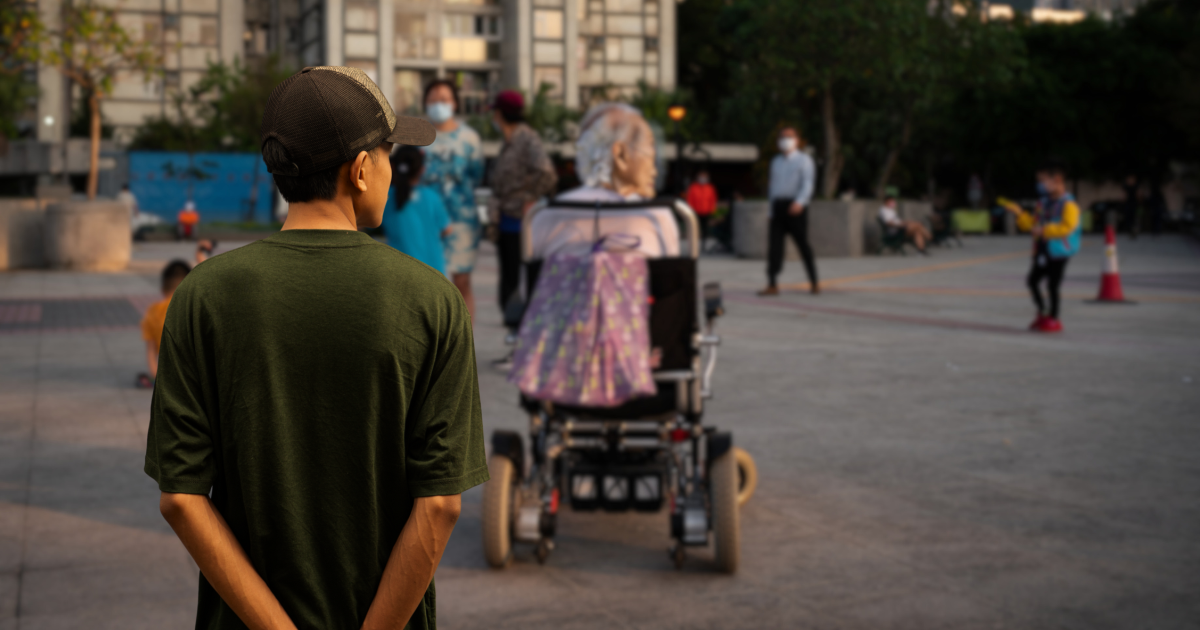
What is it like being the sole caretaker of an elderly parent? it’s like suddenly becoming a single parent, except you didn’t have a say in the decision.
There’s always something to clean, something that needs fixing, and it feels like it’s never going to end.
What’s worse than that, is watching your parent’s health decline. Day by day, you lose a tiny piece of them.
Their appetite shrinks, they move slower, they start developing mood swings. You watch helplessly as they lose autonomy over their own body. As they struggle with their own frustrations, all you can do is give them a listening ear.
On the bright side, I get to spend more time with my mom.
When I was working full time, I would be out of the house at 8am, come back at 9pm and just hide in my room. But now, I’m doing a lot more cooking, something which I’ve always enjoyed but never had the time to do.
If it sounds like I’m sugarcoating things, I’m not. Let’s be real, it sucks. There are days when I wake up feeling stuck and I don’t want to get out of bed. And it really sucks that we don’t talk more about these things.
3. You may become resentful of your new role
I knew I was going to be tired. I knew I was going to be lonely. But I didn’t expect to be resentful.
One thing that people don’t talk about when being a caretaker of an elderly parent is how resentment can build– not towards the person you’re caring for, but the helpless situation you’re in.
I saw my mom’s condition get worse and I got frustrated that I couldn’t do anything to help.
I grew resentful of my brother for not checking in on us more often.
I was easily agitated at the slightest inconvenience and would lose my cool if something went wrong.
I didn’t realise it then, but I was suffering from burnout and feeling overwhelmed from trying to take on too many things. According to Malaysian portal MyHealth.gov, burnout is common among caregivers of the elderly.
Then the resentment festered into guilt. Guilt for not being able to successfully juggle work and home life. My mom was a single working parent with two kids and she made it work. Why can’t I?
4. You may learn a new meaning of ‘tahan’ (resilience)
It took awhile, but eventually I decided that it was pointless to dwell on all these negative emotions and just take it one day at a time.
Maybe that’s what being an adult is, accepting that your life may not always be in your hands.
Despite your best efforts and plannings there will always be those unavoidable rough patches, and you just have to tahan and believe that things will work out.
I may not be where I want to be in life right now, but I do know that I made the right decision.
My mom went through a lot taking care of my grandfather until his last days. It’s only right that I try to make her golden years the most comfortable as possible.
For anyone who’s in a similar situation as me, I hope you’re getting enough support and taking care of your mental health. You’re doing the best you can and don’t let anyone tell you otherwise.
And if you know a friend or relative who is the sole caretaker of their elderly family member, please check in on them. Just let them know you’re thinking of them and they can call on you if they ever need emotional support.
In Asian culture we hold our elders in high regard, and that’s awesome. But don’t you think we should extend some of that sentiment to their caretakers as well?
Are you the sole caretaker of an elderly parent?
Share your experience in the comments.
For more stories like this, read:
You might also like
More from Real Mental Health
“I Was Scared of Waking Up in Handcuffs,” shares Depressed M’sian on Repealed Law
In 2023, Malaysia repealed Section 309, a colonial-era law that made suicide attempts a crime. The change marked a shift …
‘Everyone Saw A Successful Student While I Was Crumbling,’ Shares 22 Year Old Student
This is a story of a 22 year old woman who shared her story as a Straight A’s student as …
5 Harmful Mental Health Myths Malaysians Still Believe
Let’s break down five of the most common myths Malaysians still believe, and why it’s time to let them go.






